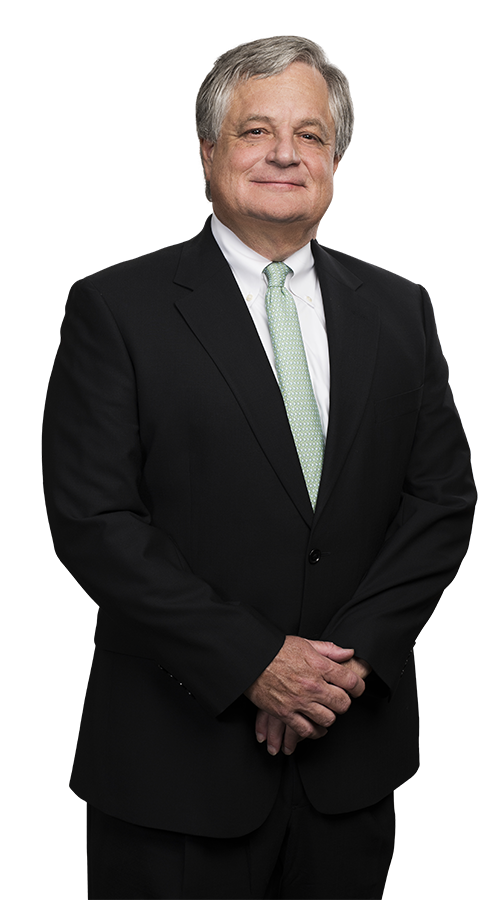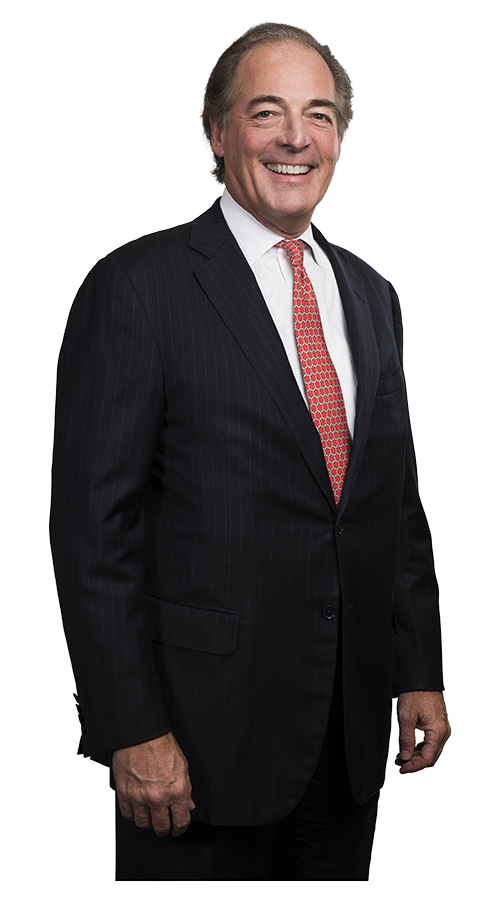- Alma J. Aguirre
- Amine Ammar-Aouchiche
- Katy Merrill Andre
- Courtney Culver Baker
- Stephen Bres
- Thomas H. Burton, III
- Giorgio “George” Caflisch
- Victor L. Cardenas Jr.
- Adam B. Chambers
- Ben Connally
- Casey Craft
- Kimberley L. Doom
- Clint Dye
- Stephanie F. Erhart
- Amanda J. Flanagan
- Dalby Fleming
- Joseph A. Garnett
- Steven O. Grubbs
- Jamie Guidry
- Christina “Tina” E. Gutierrez
- Veronica Ibraheim
- Christopher R. Jackson
- James W. Karel
- Henry C. A. List, Jr.
- Travis Livermore
- Donald Loving
- Cade Lunsford
- Dale B. McMath
- Amy Mitchell
- Dawn A. Moore
- Brent Myklebust
- Raymond A. Neuer
- Kevin Niknam
- Nancy A. Norman
- David Oh
- Christopher A. Palumbo
- George P. Pappas
- R. Edward Perkins
- Lara M. Price
- Carolyn K. Rangel
- James E. Rensimer
- Cameron D. Renton
- Richard A. Sheehy
- J. Parker Short
- Wesley T. Sprague
- Brian Tagtmeier
- Jana H. Taylor
- Erik Veliz
- James L. Ware
- Ann P. Watson
- Michael P. White
- Christene Wood
- Justin T. Woods
- David A. Wright
- Michael Yanochik

Article
Texas Legislature weighs litigation reforms that would benefit trucking industry
Two bills before the Texas Legislature could benefit the trucking and transportation industries by limiting commercial vehicle litigation and total verdicts. Though they concern different matters, the bills share a common theme in that they both seek to limit the presentation of misleading evidence to juries – whether prejudicial evidence about a trucking company’s alleged misconduct or artificially inflated medical bills. If the bills were to pass, trucking and other commercial transportation companies could benefit from fewer lawsuits and lower verdicts resulting from accidents.
House Bill 19/Senate Bill 17
A bill intended to cut down on frivolous lawsuits against trucking companies cleared the Texas House of Representatives and was headed for the state Senate.
Hotly debated House Bill 19, which received more than 800 public comments before it was passed last week, has support from industry groups such as the American Trucking Association and the Keep Texas Trucking Coalition, as well as the Texas Association for Defense Counsel. Opponents include consumer watchdogs like Texas Watch, which says the bill would give trucking companies less incentive to follow safety measures and make it harder to use the courts to punish violators of safety standards.
The bill was authored by Jeff Leach (R-Plano), who argued passage would allow crash victims to have their day in court while also protecting commercial motor vehicle operators from excessive lawsuits, thus leading to a drop in commercial vehicle insurance rates across the state.
The goal of the bill and its companion bill in the Senate, SB 17, is to ensure juries in lawsuits involving crashes are only presented with evidence relevant to causation and injuries, and that the cases focus on the events at issue rather than extraneous allegations beyond the scope of the accident. Defendants would have a right to request a two-phase trial, in which the first phase would be for the trier of fact to determine liability and compensatory damage. Exemplary or punitive damages could not be considered until the second phase, and only if the trier of fact found the defendant liable for compensatory damages on a claim that supports exemplary damages. Potentially prejudicial evidence of alleged safety violations or unsafe employment practices that are unrelated to the accident in question would not be presented to the jury until the second phase, and only if relevant to support a claim for punitive damages. The bill would also allow properly authenticated photos or videos from all parties to be admitted into evidence. Presently, judges in Texas have discretion on whether to allow photo or video evidence.
House Bill 1617/Senate Bill 207
Texas Senate Bill B207 and its House companion, HB1617, are pending before committees. The bills would allow defendants to get information from the plaintiff’s medical providers about what they normally charge patients for particular treatments and what they actually get paid, in an effort to challenge medical bills that are typically inflated in litigation cases.
Along with evidence of the amount billed, the jury would be provided with the amount that health insurance companies, government payors and others would pay for the services to determine a fair and reasonable amount to award to the plaintiff.
Among the opponents of the bills are healthcare industry groups, which have expressed concern that healthcare providers will be drawn into expensive and time-consuming discovery battles.
If passed, the two bills could lower the litigation risk and therefore the cost of doing business for trucking and transportation companies in Texas.
Representing trucking and transportation companies has been a significant part of Pappas Grubbs Price PC’ practice for more than 20 years. If you would like to speak to an attorney about your transportation-related litigation matter, give us a call.















































